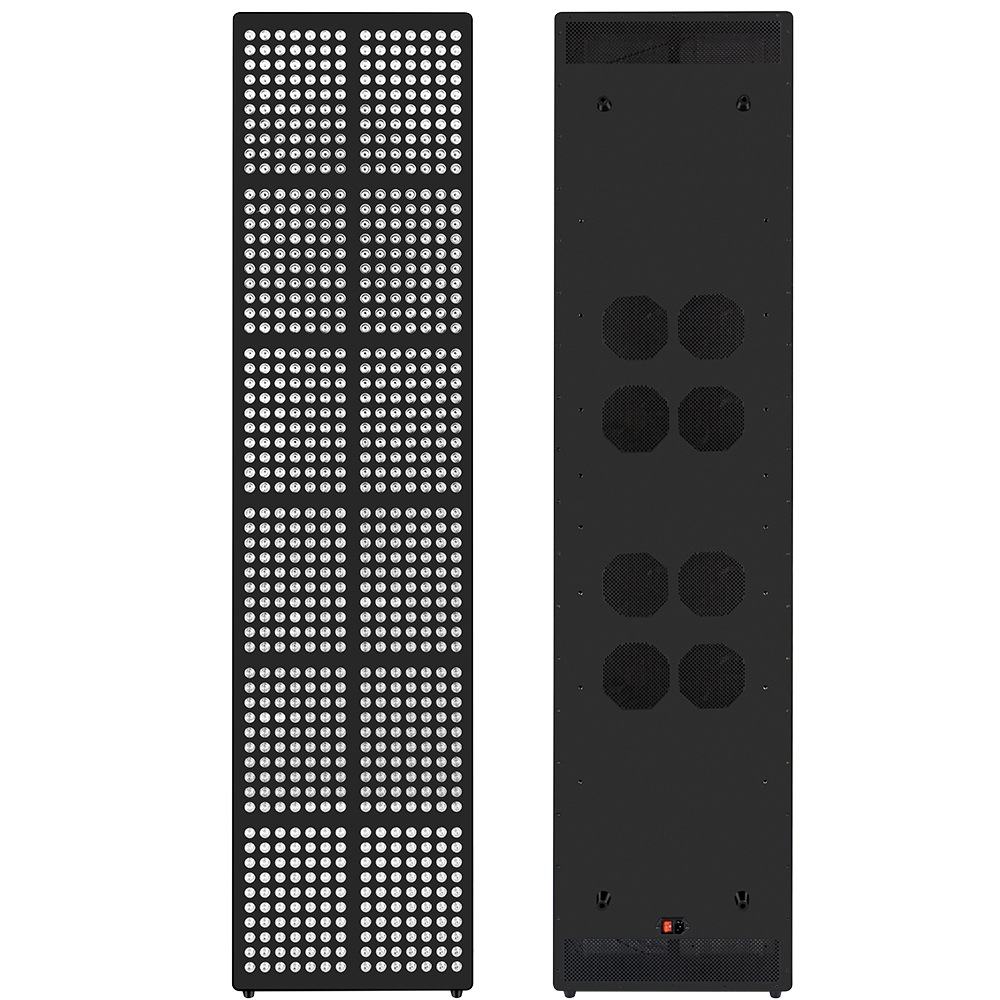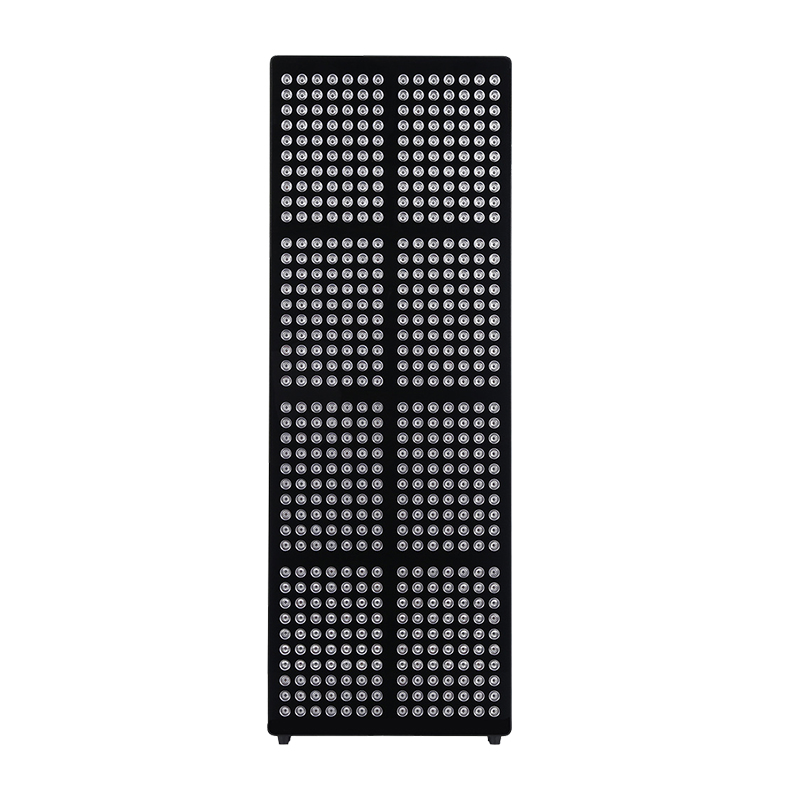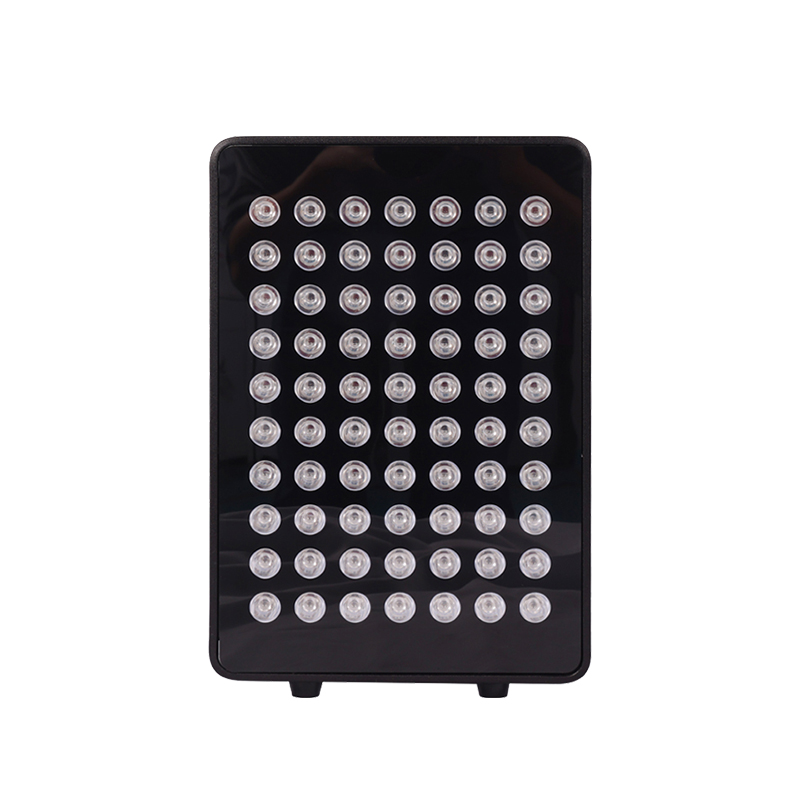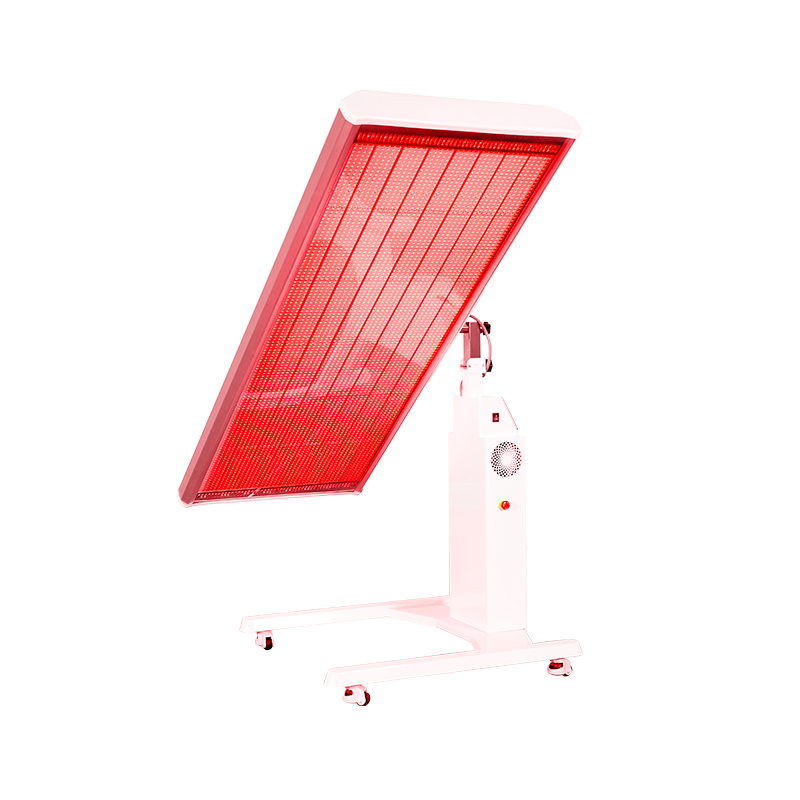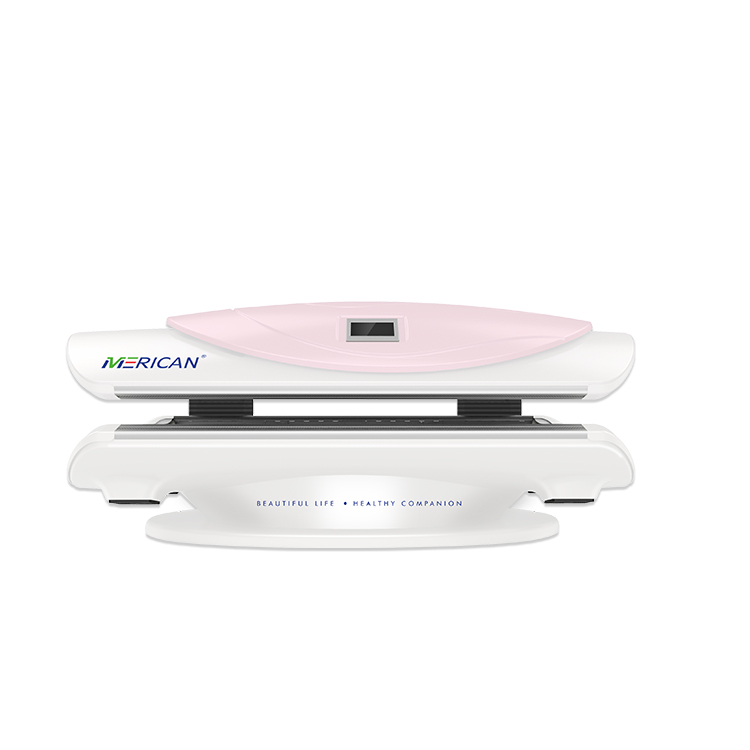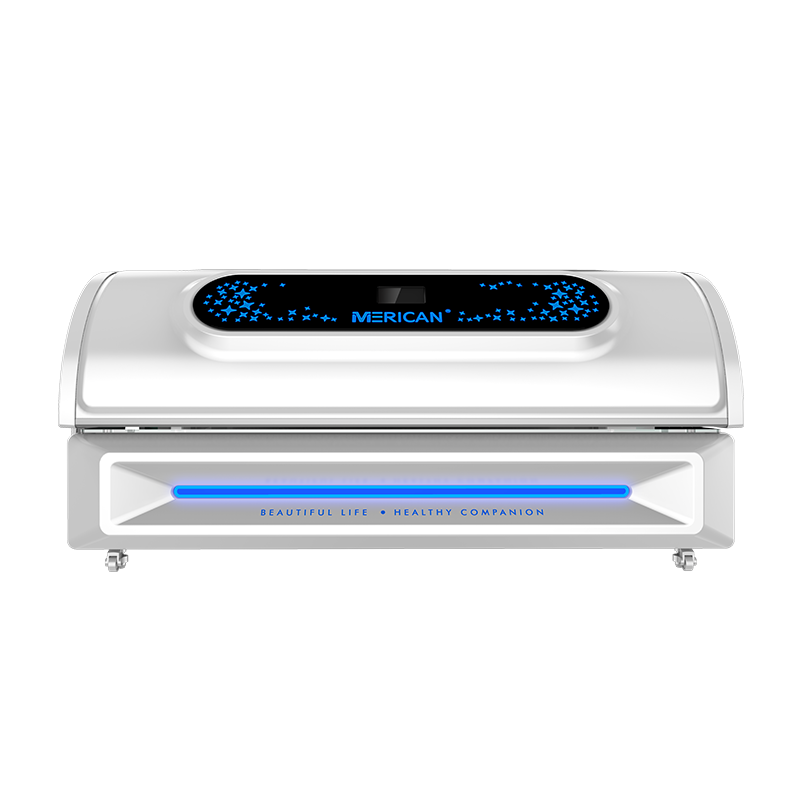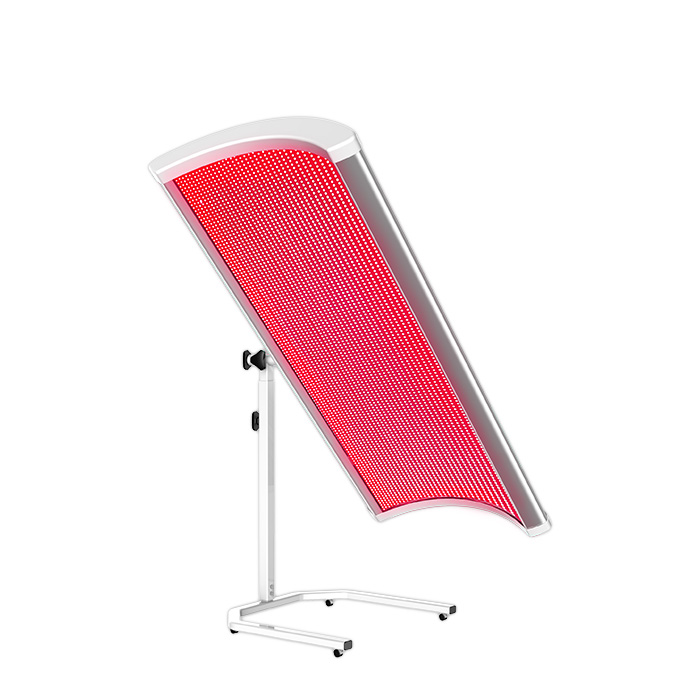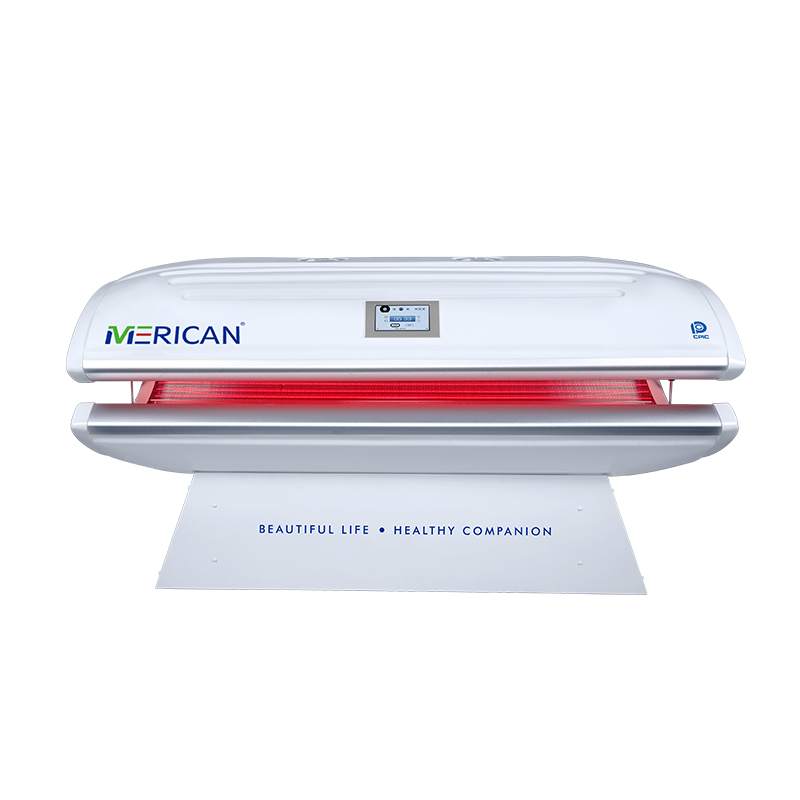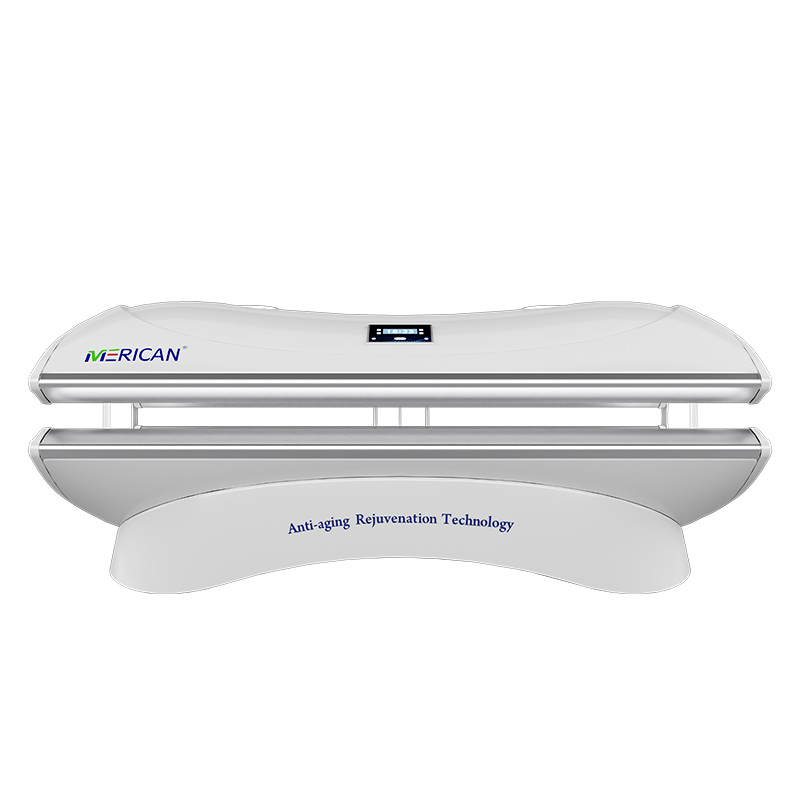UN 2014 revue examinée 17 Études sur les effets de la thérapie par la lumière rouge sur la réparation des muscles squelettiques pour le traitement des blessures musculaires.
«Les principaux effets du LLLT ont été une réduction du processus inflammatoire, La modulation des facteurs de croissance et des facteurs de régulation myogénique, et une angiogenèse accrue. »
Les études analysées démontrent les effets positifs de la lumière rouge sur le processus de réparation musculaire.
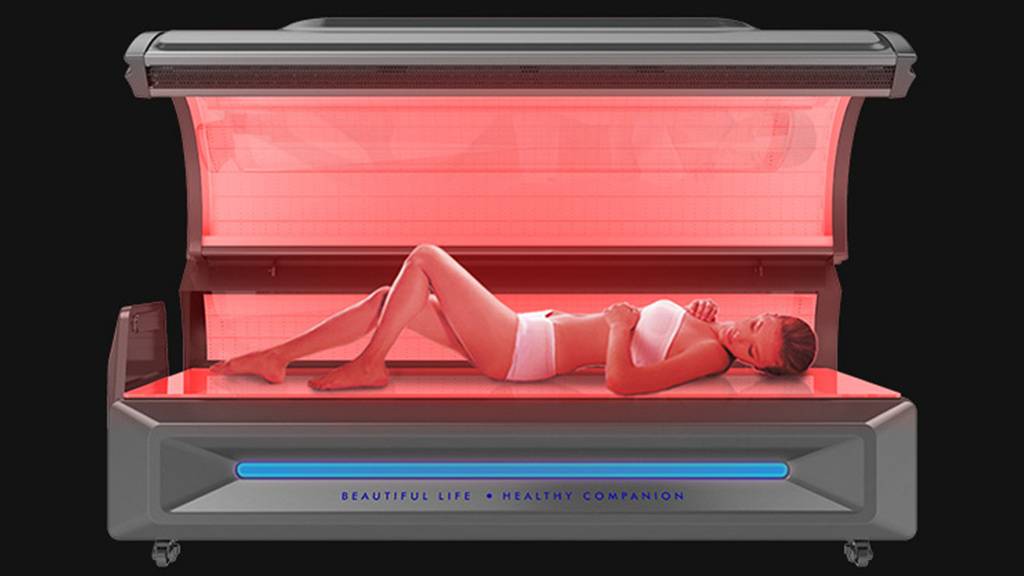
Qu'est-ce que la thérapie rouge?
Thérapie par la lumière rouge (RLT), également connue sous le nom de photobiomodulation, Il a été démontré qu'il accélère la guérison des blessures dans divers contextes.
Le mécanisme derrière cette accélération implique plusieurs processus biologiques qui sont stimulés par les longueurs d'onde spécifiques de la lumière utilisées dans RLT, particulièrement rouge (630-660 nm) et proche infrarouge (850 nm) longueurs d'onde.

Les avantages de la thérapie rouge
La thérapie par la lumière rouge est vitale, Et il y a de nombreux avantages pour nous. Voici quelques-unes des façons dont la luminothérapie rouge peut faciliter la guérison.
1. Augmentation de la production d'ATP
La luminothérapie rouge stimule la production d'adénosine triphosphate (ATP), Le porte-énergie primaire dans les cellules. Cette production d'énergie accrue améliore la fonction cellulaire et les processus de réparation.
2. Inflammation réduite
RLT peut réduire l'inflammation en modulant les cytokines inflammatoires et en favorisant la résolution de l'inflammation. Ceci est particulièrement bénéfique dans les premiers stades de la guérison, où la réduction de l'inflammation peut prévenir les dommages secondaires et favoriser le mouvement à la phase de réparation de la guérison.
3. Production de collagène améliorée
Le collagène est un élément crucial des tissus conjonctifs, y compris les tendons, ligaments, et la matrice extracellulaire de la peau. La luminothérapie peut stimuler les fibroblastes, les cellules responsables de la production de collagène, conduisant à une réparation et une résistance des tissus améliorés.
4. Amélioration de la circulation sanguine
RLT peut augmenter la circulation sanguine locale, ce qui aide à fournir plus d'oxygène et de nutriments à la zone blessée. Cette circulation améliorée aide également à l'élimination des déchets et des toxines, Créer un environnement plus favorable pour la guérison.
5. Réparation et régénération cellulaire accélérée
En stimulant la production d'énergie cellulaire et en réduisant le stress oxydatif, La luminothérapie rouge peut accélérer la réparation et la régénération des cellules endommagées. Ceci est particulièrement bénéfique pour les lésions des tissus mous, blessures, Et même des dommages neurologiques.
6. Soulagement de la douleur
Il a été démontré que le RLT a des effets analgésiques, ce qui peut être bénéfique pour gérer la douleur associée aux blessures. Cela peut indirectement soutenir le processus de guérison en permettant une meilleure mobilité et en réduisant le besoin de médicaments contre la douleur qui pourraient avoir des effets secondaires.
En tout, Ces effets contribuent collectivement à l'efficacité du RLT dans le traitement des blessures musculaires squelettiques. La thérapie peut aider à réduire la douleur, gonflement, et le temps de récupération, conduisant à une guérison plus rapide et à des résultats améliorés.
Tpropreloin
Les résultats qui suggèrent que RLT comme une excellente ressource thérapeutique pour le traitement des blessures musculaires squelettiques est soutenue par un ensemble croissant de preuves d'études cliniques et de recherche.
Il est important de noter que bien que RLT soit prometteur, les protocoles de traitement optimaux (y compris la longueur d'onde, intensité, durée, et fréquence du traitement) peut varier en fonction du type spécifique et de la gravité de la blessure.
Donc, Il est avantageux de consulter un professionnel de la santé ou un spécialiste de la photobiomodulation pour déterminer le plan de traitement le plus approprié.











